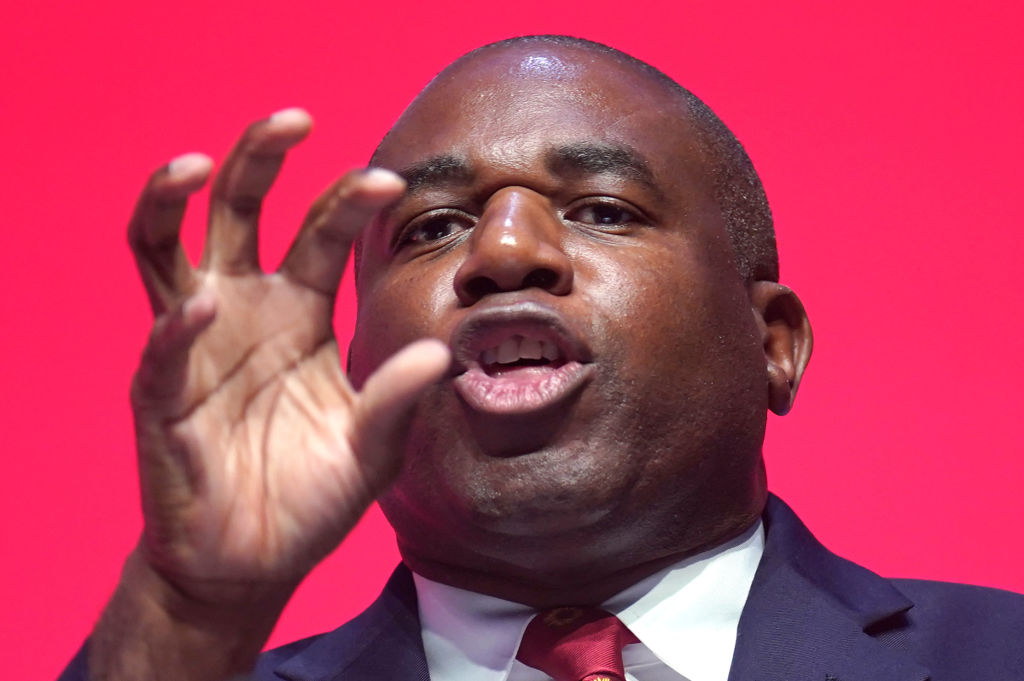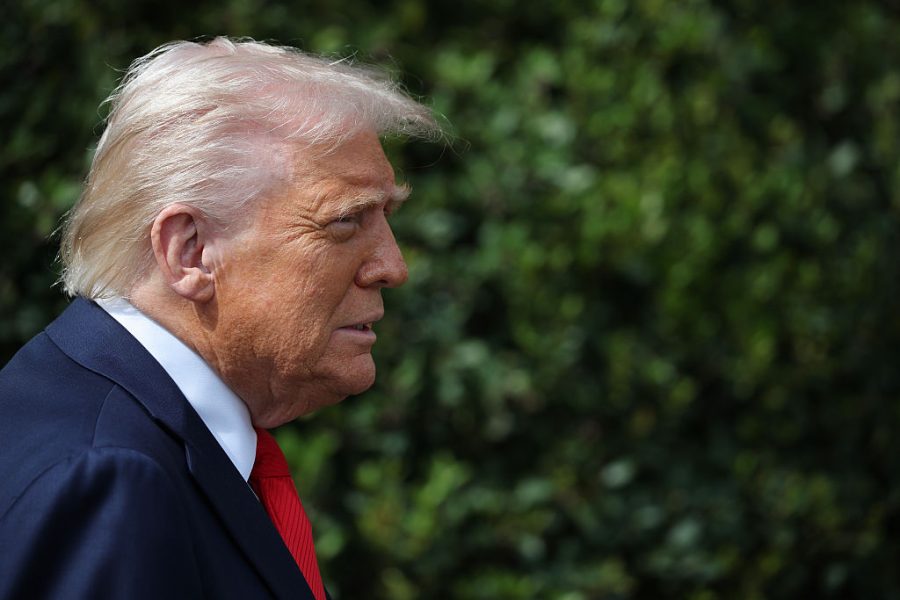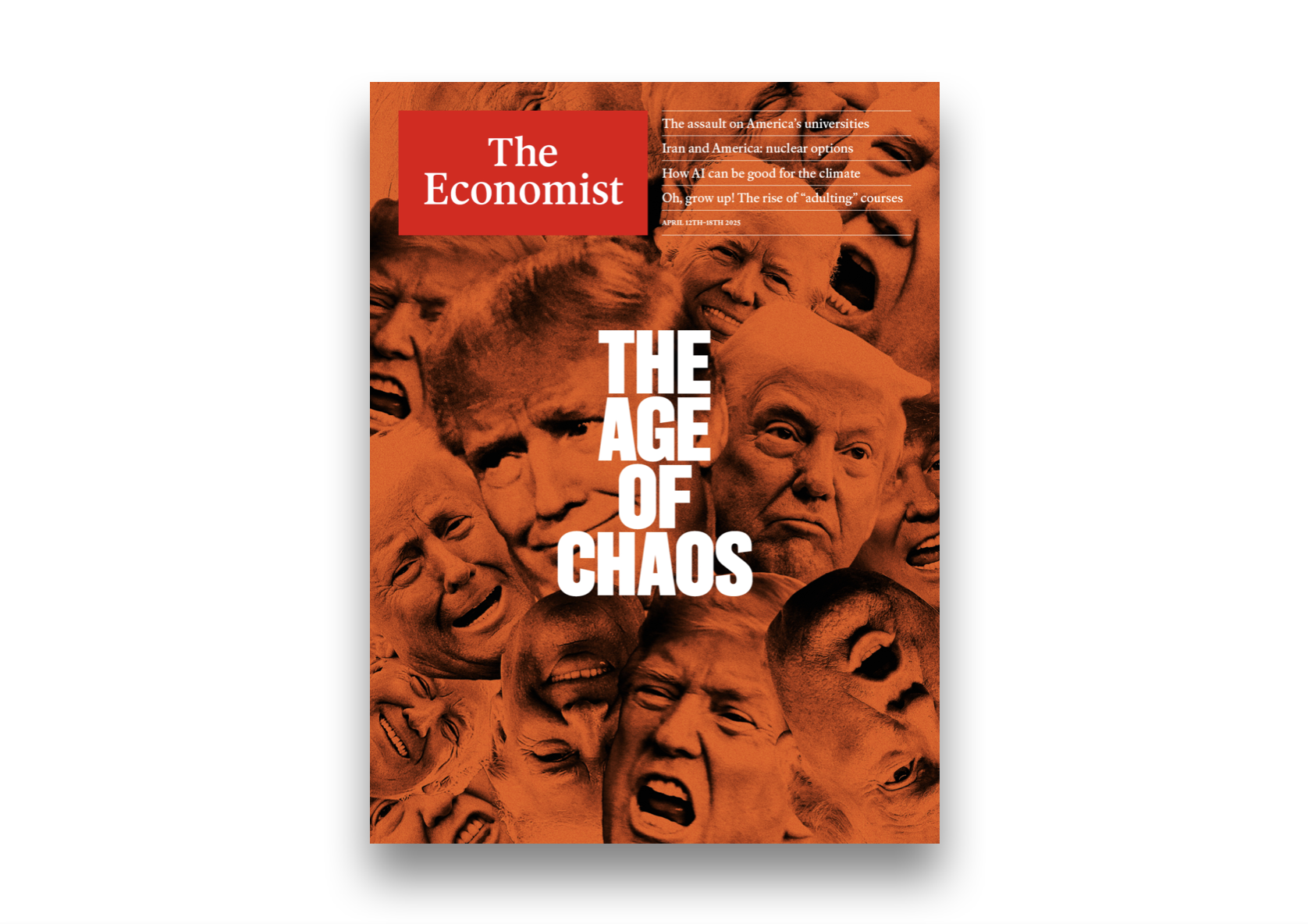David Lammy has never been much of a diplomat. The veteran Labour Member of Parliament is fond of lashing out at his critics, but now, as Britain’s shadow foreign secretary, he has traveled to the United States to lay the groundwork for a future Labour government’s foreign policy. He may find that some of his earlier oratorical fury comes back to haunt him.
Lammy pledged he would protest on the streets and ‘chain myself to the door of Number 10’
Lammy has compared Conservative MPs in the European Research Group to Nazis and supporters of apartheid South Africa. In 2013, when the BBC wondered if the smoke seen after the next round of the papal conclave would be black or white — its color would announce whether or not a decision had been reached — he tweeted with outrage that the corporation was making a “silly innuendo about the race of the next pope.” He later apologized. Three years later, Lammy claimed that the million Indian soldiers who died during World War Two had given their lives for “the European project.”
But it is his words on Donald Trump that are most likely to come back to haunt Lammy. At the prospect of the then-president of the United States visiting Britain, Lammy pledged he would protest on the streets and “chain myself to the door of Number 10.” Trump, he said plainly, was “a racist KKK and Nazi sympathizer.”
How things change. As we approach the middle of 2024, there is a good chance that Trump will be re-elected as president in November — and Lammy, if he is indeed Britain’s foreign secretary, will have to deal with a Trump administration. This week, therefore, he traveled to Washington to set out his bona fides and pretend that, in fact, there was no great rift at all to be healed.
Some of Lammy’s rhetoric has been pitiful. When questioned about the man he called a “Nazi sympathizer,” he now says only: “Were his words in office a little shocking? Yes, they were. Would I have used them? Probably not.” More incredibly, he argues that we should not “personalize” foreign policy debates — you wonder what he thought he was doing over Brexit — and that Trump has in reality helped to focus minds on levels of defense spending.
Lammy’s past comments matter because we have seen again and again that Donald Trump is a man who not just bears but nurtures grudges. His antipathy towards Ukraine and his disinclination to continue military assistance stems from 2019 when he was accused of pressuring president Volodymyr Zelensky to investigate the business dealings of President Biden and his son Hunter. That led to Trump’s first impeachment by the House of Representatives. His long-running feud with mayor of London Sadiq Khan is equally well known.
Only time will tell whether Lammy’s conciliatory routine is successful. His self-identification as a “small-c conservative” and “a good Christian boy” are bold attempts to curry favor with a man he called a “dangerous clown” and “a profound threat to the international order.” It may be, however, that Britain’s next foreign secretary finds what the cost of his self-indulgent, moralizing language of the past really is. Every public statement a politician makes has a life of its own and the internet never forgets. Britain could pay a heavy price for Lammy’s free-and-easy condemnations come January 2025.
This article was originally published on The Spectator’s UK website.


























Leave a Reply